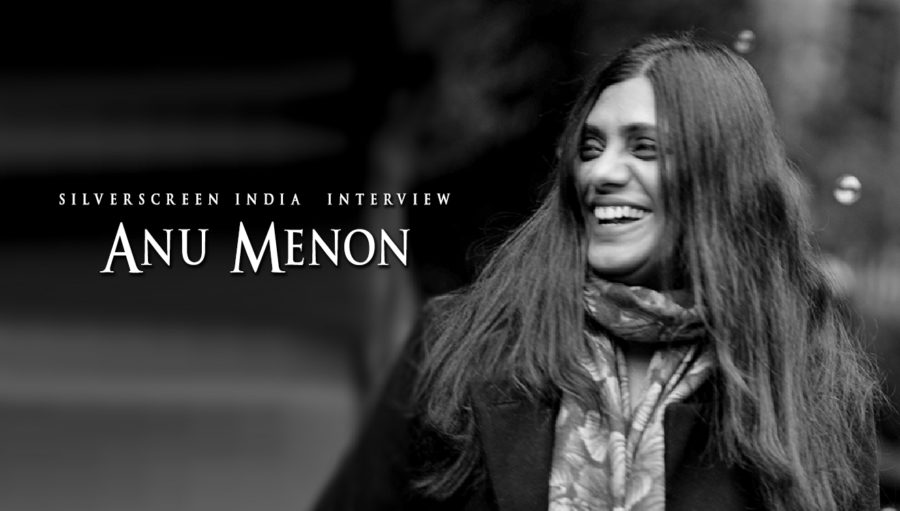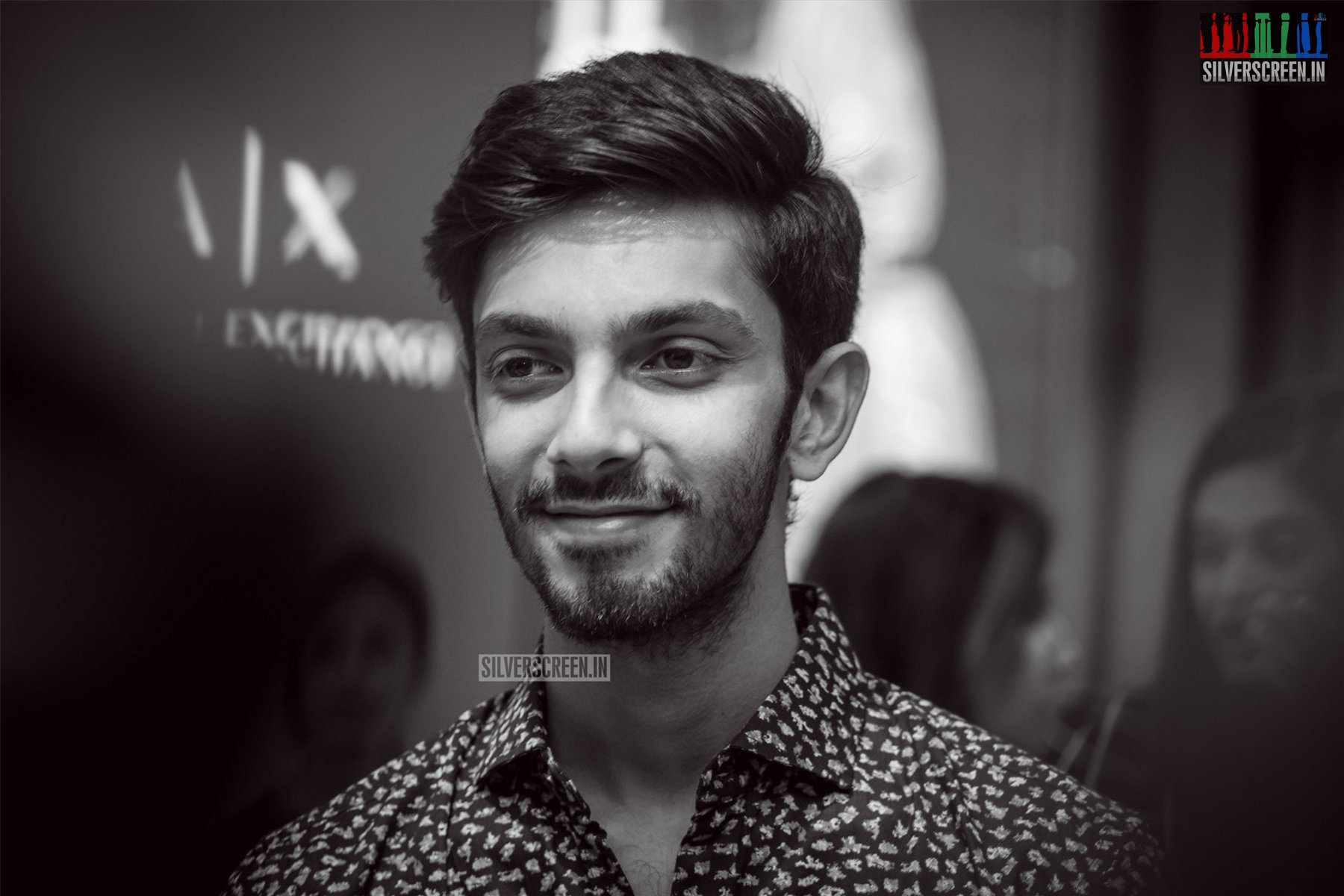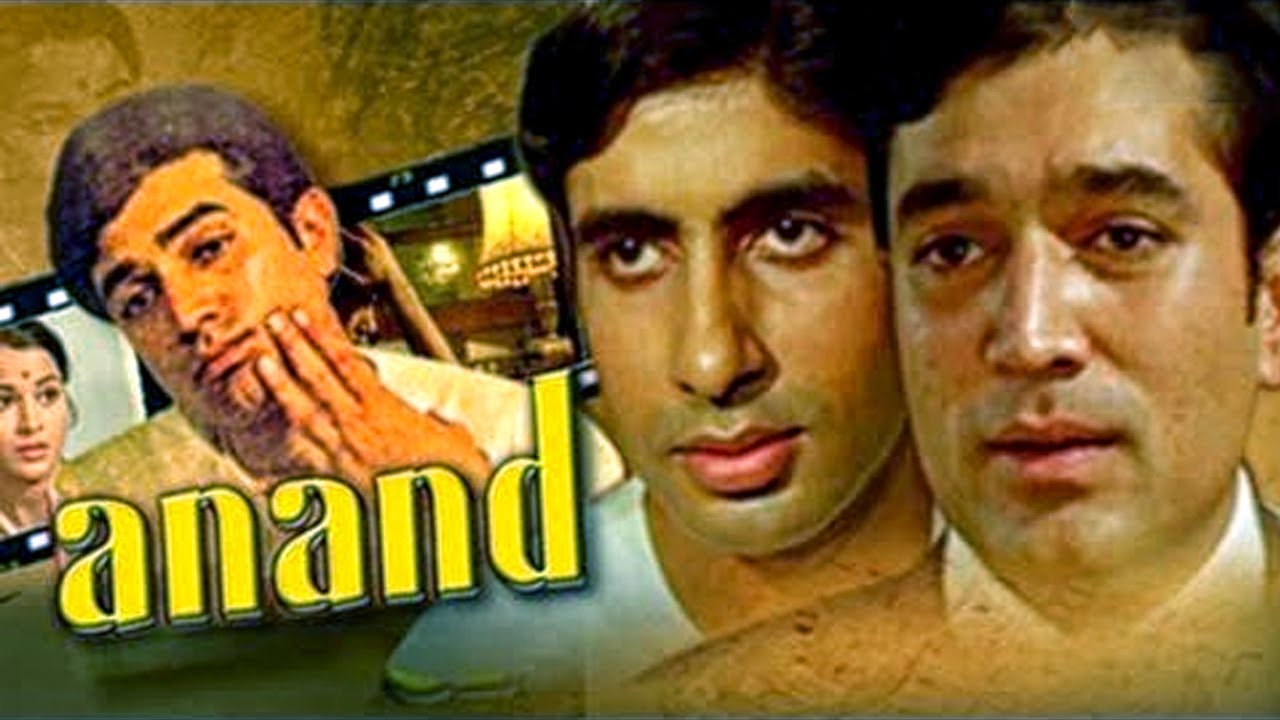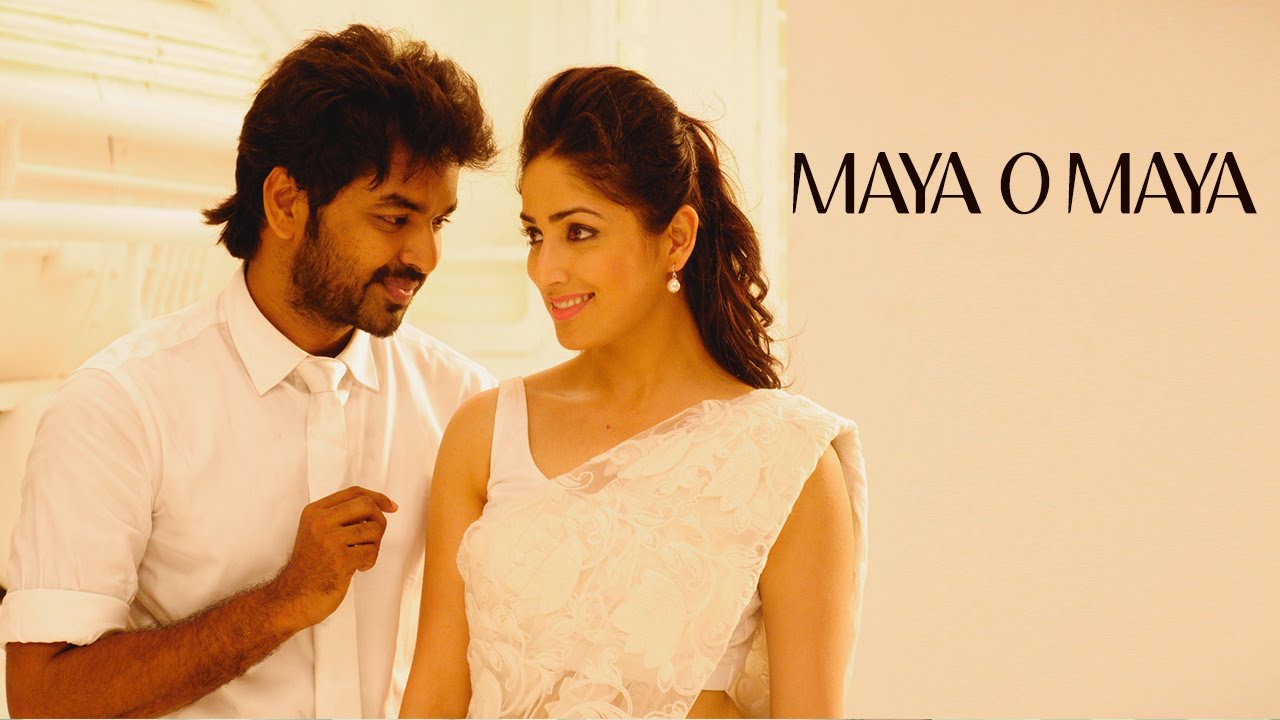Turning thirty was an epiphanic moment for Anu Menon; it’s when she decided to take the difficult step of giving up a cushy job in Singapore and starting life all over again from scratch. She felt that what she was doing was feeling “meaningless and unsustainable”. She took the plunge and got into the London Film School. “It [film school] was a totally immersive experience. It was about finding myself and reorienting everything,” she looks back.
Menon is yet another name in the ever-swelling list of ‘techies transitioning into filmmaking’, a roster that, far from being an exception, as it may have seemed at the time Nagesh Kukunoor made Hyderabad Blues, has now become a given of sorts.
Growing up in Delhi, in a conventional, middle class, South Indian family, the BITS Pilani graduate remembers how education was everything in the 90s. “I never had the opportunity to not take my math or science seriously,” she says, “Storytelling, films, arts were things you always cherished in private. They were not about livelihood.”
Her alma mater, fortuitously, turned out to be an engineering institute that fostered individuality and had space for arts and aesthetics. “I discovered South Indian cinema [on campus], did theatre. I realised that there could be a storyteller in me,” she says.
The first “rebellious” step was to get into advertising after graduating but there again she was defined by her role as a strategy-planner than a creative person. Meanwhile, watching world cinema and Indian films like Monsoon Wedding and Mr. and Mrs. Iyer kept stoking the desire to tell stories on screen.
“Indian cinema was changing. I saw these films and felt these could be my stories,” she says. Eventually, the conventional family that drove her towards the regular ‘education, career, independent thinking and early matrimony’ path, and her husband, then posted in Paris, with whom she grew together as individuals through their twenties, turned out to be most supportive of her radical decision to branch into filmmaking.
At one level, this giving up of the steady and seeking out the unknown is what makes her relate to the multifaceted woman—mathematician, teacher, astrologer, author and aspiring politician Shakuntala Devi, the subject of her latest film, after London Paris New York (2012), Waiting (2015), a segment in the collaborative film, X: Past is Present (2015) and the first season of the web series Four More Shots Please! (2019).
However, she didn’t know much about her other than the fact that she was a genius, till she met her daughter, Anupama Banerji four years ago in London, and went on this journey of bringing her mother to life on film. This, despite the fact that Menon otherwise had never been excited at the prospect of making biopics what with their singularly laudatory and celebratory takes.
Then there is also the science connect from her own past that she shares with Shakuntala Devi. “I have rejected math and science to become an ‘arts’ person but have also been revisiting a lot of my own education because of my daughter. I feel bad about the way math and science were taught to us,” she says.
Once her daughter casually said boys like math and girls like English and that ‘compartmentalisation’ stung. That’s when she felt the desire to create a positive role model on screen and who could have ‘equalled’ mathematics better than Shakuntala Devi.
She and co-writer Nayanika Mahtani (Menon always likes writing with someone, instead of doing it solo) spent a lot of time and several emotional, exhausting sessions with Banerji. “We met first at Harrods, Shakuntala Devi’s favourite place in London, and spent six hours with a daughter who was still grieving… She had this larger than life figure for a mother and was trying to come to terms with the void… All her life was about—with mummy, without mummy, for mummy, against mummy. Her whole life had existed in the context of her mother,” says Menon of Banerji.
Coincidentally, all the three of them—Banerji, Mahtani, and Menon herself—have daughters, as did Shakuntala Devi and over the several meetings and interviews the film started shaping up with a mother-daughter relationship as its crux. “It’s a daughter’s point of view of her mother and her stories… It was moving and a great prism for us. It was about how the world sees her and how this person knew her intimately,” says Menon.
The result is a story replete with drama and conflict. “There were thousands of dramatic moments in her life of which we zoomed in on perhaps a hundred,” says Menon. There are the many ups and downs, the love and the loss, and the way Shakuntala Devi nurtured relationships, striving for equality even when it came to the equation with her daughter. Menon feels there is a tendency to categorise individuals. Many people, on watching the trailer and promos, have been questioning why a genius like her comes across as “so bubbly”.
“Here’s a woman who refused to be boxed. She also didn’t have a sense of ‘gender’, she was gender agnostic, so the film is not about ‘India’s first woman mathematician’. It’s not about a ‘woman who defied it all’. It’s about her,” says Menon. It’s about someone who listened to her inner voice. If it told her something was right, she did it. If something angered her, she fought against it. “It’s the ability to live just by listening to yourself without [seeking] the validation of others—it’s a great quality to have but also difficult, especially for people around you to face the consequences of it,” says Menon of not fighting shy of showing the relationship quagmire in her life.
How do you capture a woman who lived the way she did for 83 years? There is the inherent spark and flamboyance, but Menon didn’t want to follow a documentary approach nor make it a typical underdog narrative. “We were questioning the script even at the shooting; scenes had to be left at the editing table,” she says of the continually evolving film.
Recommended
Vidya Balan, she felt, had the intelligence and centredness to play Shakuntala Devi, a decision also approved by her real-life husband Paritosh Banerji who had loved the actor in Parineeta. Balan herself liked the fact that the film wasn’t a typical biopic. “She liked the idea that it was not a puff piece. It wasn’t about odes and tributes. It was open to being messy and going to darker spaces. That excited her,” says Menon.
For her, making the film has been a journey in which she got to understand a lot of the world we live in through Shakuntala Devi: “It became much larger than the account of a genius’s achievements.” A biopic but hopefully a lot more.
Shakuntala Devi will be streamed on Amazon Prime Video from July 31.
***
Namrata Joshi is an independent writer and well-known film critic. She is the author of Reel India: Cinema off the Beaten Track (Hachette, 2019).
Featured Image: Special Arrangement



